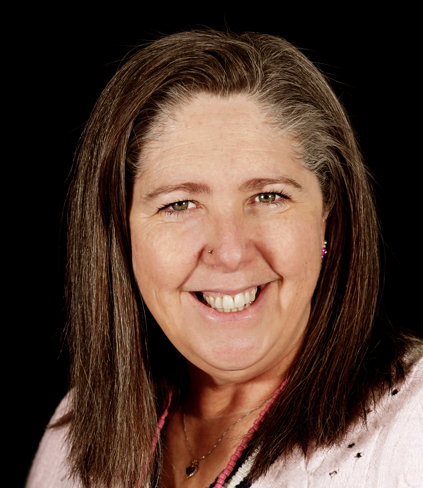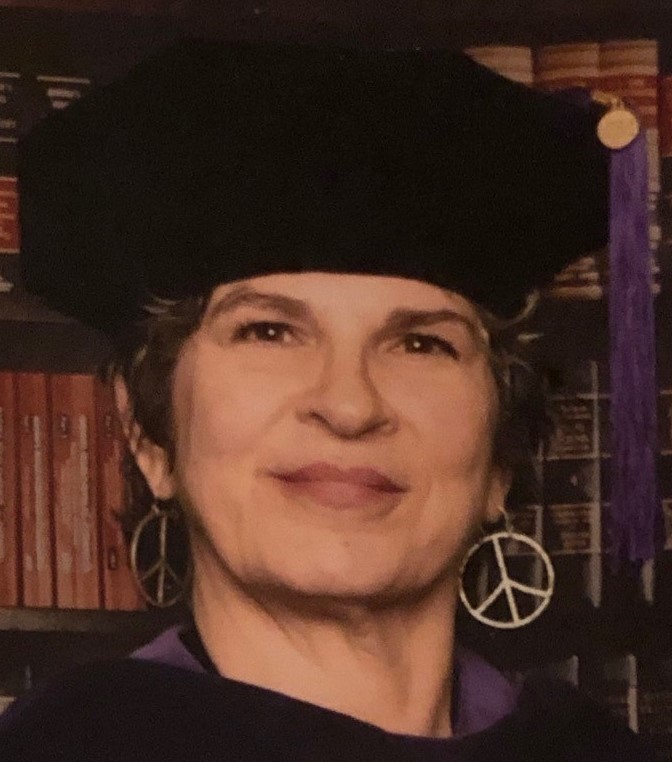Spotlight on….is the first of a series of articles about the GED administrators and educators around the country and around the world. We are starting this series with the State of Alaska!

The GED Administrator for Alaska for the past five years is Windy Swearingin. As you can guess, life in Alaska can have some unique features for those that work and live in the State, according to Windy. The number one barrier that Alaskans face is access. GED students often need to travel by ferry, small watercraft, bush plane, snowmobile, dog sleds, or other means of transport that are unique to the Alaskan landscape just to be able to take their GED test in-person. Travel can be long and sometimes requires several days to get into regional hubs to test, as students often must travel through regions the size of states in the lower 48.
Weather, although not unique to Alaska, plays a pivotal role in our administrative functions. Many times, the weather can hinder, or even restrict, students and teachers from testing, proctoring, and travelling. Similarly, if students or teachers can travel, weather can sometimes strand them for an unforeseen amount of time in a regional hub or remote village. This limits travel, and therefore testing, during the winter months, which in some areas is between Oct-May.
The absence of, and difficulties with, the internet is a daily struggle that us Alaskans have learned to work around. Although we offer online testing, it does not always work due to the unstable internet connectivity and has resulted in frustrations for some of our students, teachers, and administrators. Our state varies in internet access availability, with some areas having no internet at all, while others have 5G, but then charge exorbitant prices.
Alaska’s cultural diversity is extremely unique, particularly our Alaska Native population, which is underrepresented on the GED test and in all the study materials. We work with students that may have some of the same common barriers as students from other states, such as childcare or employment, but with the added obstacle of making GED Testing and credentialing culturally relevant.
Despite the distance and all the obstacles that we face, Alaska is an incredibly small and close-knit group of people that work in Adult Education and GED Testing. As the State Administrator, Windy knows everyone in her programs and testing facilities. She not only maintains close contact with the students, but the connection between students and teachers in the programs is unparalleled. Windy is confident in our programs’ abilities to overcome these barriers and is proud of the success of each of them.
The most rewarding part of Windy’s day is working with her team. Together, they have built a fantastic team at our state level that is passionate about Adult Education and GED Testing. Windy takes pleasure in coming to work every day and working with these individuals. The passion and dedication of the small office at the state level makes her life easier and allows her to be a better State Administrator.
The greatest lessons that Windy has learnt as a State Administrator have come from the challenges that were faced during COVID-19. The pandemic fundamentally changed the way administers across all parts of Adult Education and GED Testing operate, including how she provides services, interacts with students, where and how students tested, the supportive services, and a myriad of other factors that no-one knew were going to change. When Windy stepped into this role, just months before the start of COVID-19, she had no idea how much this program would change and the obstacles coming her way. Those unique challenges taught her and her team so much.
Student Success Stories: Alaska Assistant District Attorney, Janet Romig

Janet Romig officially left school at age 17, not fully recognizing any repercussions. She was not interested in staying in school until she was 20! Despite this, she always knew that having a high school diploma was critical to any sort of success. Even with her father being a surgeon, and her mother having degrees in nursing and English, and a brother who was a Rhodes scholar, for Janet, she believed that leaving school was better than failure.
Janet married young and after having a baby, she attended Kenai Peninsula College to get a GED as she realized that getting her GED would make filling out job applications so much easier!
Several years later, when she began to take courses at the community college, her GED was enough to qualify for college classes, which she thought was amazing. Over the years, these classes contributed to Janet being accepted to study further at bigger schools and universities. Over 30 years, including studies at Colorado School of Mines, Tulane, Louisiana State University Janet earned her BA. At 58, Janet decided to follow through on something she had been threatening for many years and so she started three grueling years at Loyola in New Orleans, later graduating and passing the bar at 61.
Janet’s advice to all GED learners is firstly, consider not taking the circuitous route that she took. While her study route was not fatal, she believes that the anchor was always the GED. Janet believes that you can change your mind a million times, whether you major in mechanical engineering, journalism, general studies (like she did), it’s ok, just a bit exhausting. Any experience is a learning experience, and you can never waste or lose the foundational building block of having your GED. Put your head down and move forward until you can turn around and see that GED behind you.
Today, much to her own amazement, she’s a lawyer. Not just any sort of lawyer, a prosecutor, with the weighty task of administering justice. The job has its share of stress but at the end of the day she does good work. She feels that she works for you- the public, and victims. She went to law school thinking she would be a criminal defense attorney but after an internship with the Fairbanks District Attorney’s office after her second year of law school, she realized how important the work of a prosecutor is. She works with incredibly brilliant attorneys not just in her office, but the entire Alaska Department of Law. Sometimes she just pauses, and at 67 years old, marvels at how she came into such good company. She is always amazed.
